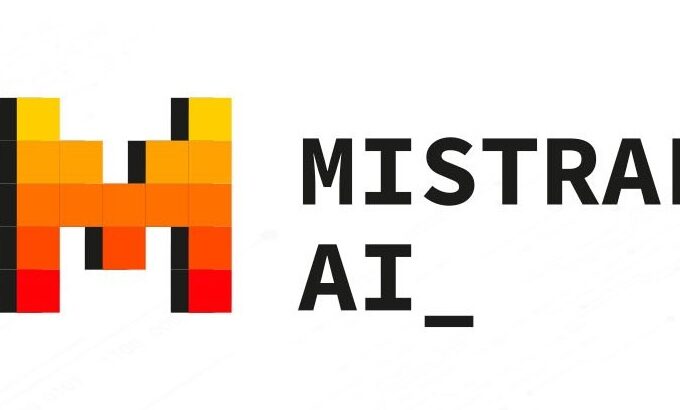
EU’s AI Act Faces Scrutiny from Tech Industry Stakeholders
As the European Union’s AI Act approaches its final stages of negotiation, concerns within the tech industry have surfaced, particularly regarding the treatment of foundation models and general-purpose artificial intelligence (GPAI). A joint statement from 33 digital industry representatives highlights the need to strike a balance, emphasizing the importance of innovation in AI technologies without stifling emerging players. The statement points out that only 8% of European companies currently utilize AI, falling significantly short of the Commission’s ambitious 2030 target of 75%.
The EU’s goal to become a global digital powerhouse hinges on fostering companies that lead in AI innovation, including those utilizing foundation models and GPAI. The signatories caution against overregulation, citing potential compliance costs for small to medium-sized enterprises (SMEs), which could reach over €300,000 for a single AI-enabled product under the AI Act.
One key recommendation is to maintain a risk-based approach at the core of the AI Act, ensuring a technology-neutral framework that focuses on high-risk use cases rather than broadly categorizing all AI software. The statement also advocates for alignment with existing sectoral legislation to prevent conflicts and overlaps, particularly in regulated sectors like healthcare.
The plea from tech industry stakeholders comes amidst the finalization of the landmark EU AI Act, which has already faced criticism for its potential impact on innovation. The Act categorizes AI models based on risk factors, with startups dealing with high-risk foundation models facing additional requirements. This, critics argue, could impose financial burdens on smaller enterprises, hindering their participation in the AI landscape.
The pushback against the EU AI Act is part of an ongoing dialogue between regulators and industry stakeholders. Recent joint agreements by major EU economies—France, Germany, and Italy—call for “mandatory self-regulation” of foundation models, indicating differing opinions on the best approach to AI regulation. The tech policy group DigitalEurope sees this as a positive step, hoping for a focus on transparency standards rather than regulating every new technology.
In conclusion, as the EU strives to strike a balance between fostering innovation and regulating AI technologies, the tech industry underscores the need for a nuanced approach that supports the growth of AI startups and ensures Europe’s competitiveness in the global digital landscape.





